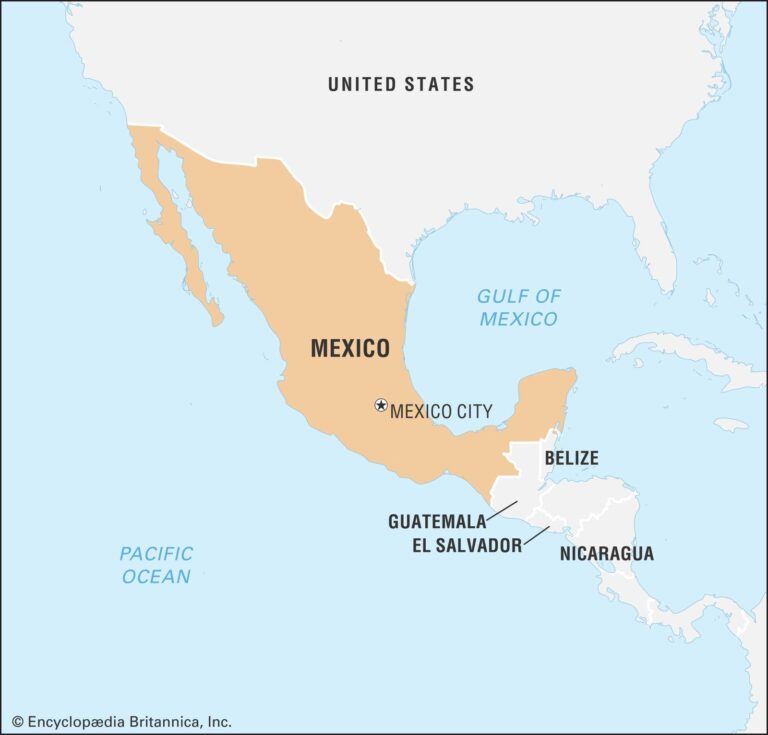This week in Mexico saw significant developments on multiple fronts, highlighting the country’s evolving trade relations and internal political dynamics. Key among these were pivotal trade discussions with Brazil aimed at strengthening economic ties, the announcement of new tariffs targeting Chinese imports, and a series of highly publicized political attacks broadcast across national media. These events mark a critical period for Mexico as it navigates complex international negotiations and escalates domestic political debates, setting the stage for impactful decisions in the coming months.
Mexico Strengthens Economic Ties with Brazil in Strategic Trade Negotiations
Mexico and Brazil have advanced their economic partnership through intensive trade negotiations aimed at deepening bilateral commerce and investment. Key sectors targeted include automotive manufacturing, agriculture, and renewable energy technologies. Both governments emphasized a mutual commitment to reducing trade barriers, which could pave the way for increased exports and the creation of new jobs in both countries. The negotiations also addressed intellectual property protections and digital trade regulations, reflecting a modernized approach to international commerce.
During talks, officials outlined several core objectives:
- Lowering tariffs on strategic goods to boost competitiveness
- Enhancing cooperation in supply chain logistics and infrastructure
- Encouraging investment in sustainable industries to foster green growth
- Streamlining customs procedures to facilitate smoother cross-border trade
| Sector | Focus Area | Expected Outcome |
|---|---|---|
| Automotive | Tariff Reduction | Increased vehicle exports |
| Agriculture | Trade Facilitation | Improved market access |
| Renewables | Joint Investment | Boost in green energy projects |
Analyzing the Impact of New Tariffs on China Amidst Global Trade Tensions
The recent imposition of new tariffs on Chinese imports marks a significant escalation in the ongoing global trade tensions, with Mexico closely monitoring potential ripple effects on its own economy. These tariffs, targeting key sectors like electronics and machinery, have sparked immediate concerns among Mexican exporters who rely heavily on China for both raw materials and finished goods. Analysts warn that higher costs could lead to supply chain disruptions, forcing Mexican industries to reconsider sourcing strategies or absorb additional expenses, potentially affecting competitiveness in international markets.
Key impacts identified so far include:
- Rising production costs for manufacturing sectors dependent on Chinese components
- Pressure on Mexico’s trade balance as adjustments in import/export flows unfold
- Increased urgency for Mexico to diversify trade partnerships beyond China and the U.S.
| Sector | Tariff Increase (%) | Potential Effect on Mexico |
|---|---|---|
| Electronics | 15 | Higher component costs and delayed shipments |
| Machinery | 10 | Reduced import volumes and sourcing challenges |
| Textiles | 5 | Minimal short-term impact, possible long-term pressures |
Televised Political Clashes Raise Concerns Over Media Influence and Public Trust
Recent political debates aired on national television have ignited intense discussions about the role of media in shaping public opinion. Critics argue that the confrontational style adopted by many broadcasters prioritizes sensationalism over substantive discourse, risking the erosion of informed civic engagement. The blurred lines between journalistic impartiality and political theater have left viewers questioning the authenticity of the narratives presented, potentially deepening societal divides.
Survey data underscores growing skepticism toward televised political content, with a marked decline in trust levels among various demographic groups. Media experts emphasize the need for balanced reporting that highlights policy details rather than personal attacks. Key concerns include:
- Amplification of partisan rhetoric over fact-based analysis
- Reduced focus on legislative achievements and challenges
- Potential manipulation of public sentiment through selective coverage
| Audience Trust Level | Before Televised Clashes | After Televised Clashes |
|---|---|---|
| 18-35 Age Group | 62% | 44% |
| 36-55 Age Group | 59% | 47% |
| 56+ Age Group | 55% | 39% |
The Way Forward
As Mexico navigates a complex week marked by pivotal trade negotiations with Brazil, the imposition of tariffs targeting Chinese imports, and a series of high-profile televised political confrontations, the country’s economic and political landscapes remain in sharp focus. These developments underscore Mexico’s strategic positioning amid shifting global trade dynamics and domestic political tensions. Observers will be closely watching how these events unfold in the coming weeks, shaping Mexico’s role on both the international stage and within its own borders.




